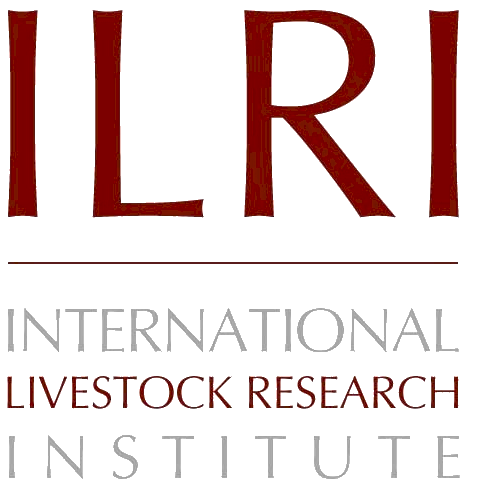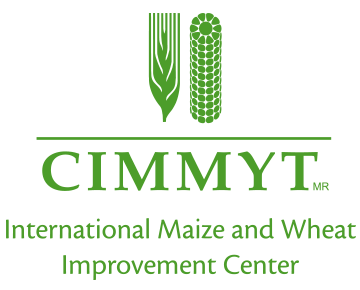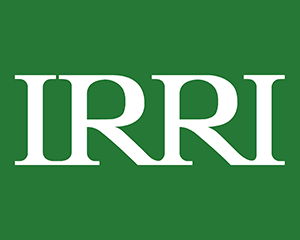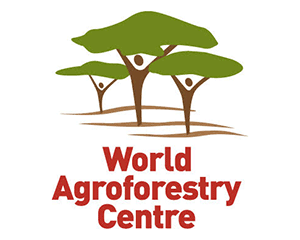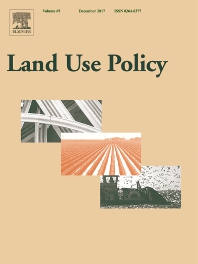
Abstract
Smallholder agricultural carbon market projects have potential to achieve climate-smart agriculture (CSA), a “triple-win” for food security, climate change mitigation, and adaptation. Farmer participation is critical for achieving widespread impact, yet their adoption of sustainable land management practices is constrained by eligibility, willingness, and ability to participate. This research examines how the Kenya Agricultural Carbon Project enabled smallholder participation, with results emphasizing the importance of institutional conditions and farmers’ perceptions. Findings highlight the necessity of international collaborations and high levels of synergistic coordination. Building social capital and adopting participatory learning approaches are strategies that can increase participation and create inclusive climate-smart agriculture projects.
Highlights
• Smallholder carbon market projects deliver multiple benefits.
• Carbon finance could fund climate smart agriculture initiatives.
• International actors with synergistic goals decrease barriers.
• Identifying farmer perceptions increases participation.
• Social capital and knowledge sharing facilitate adoption.





